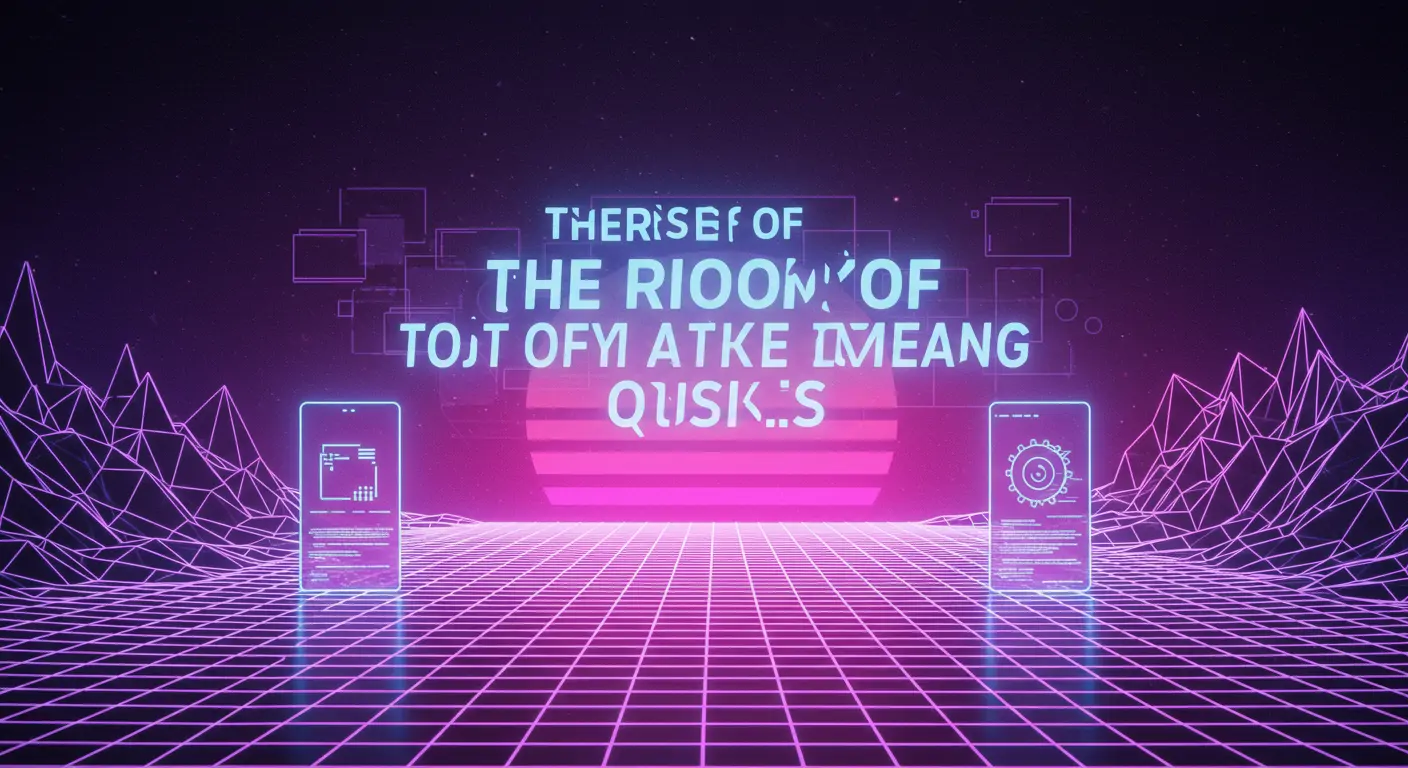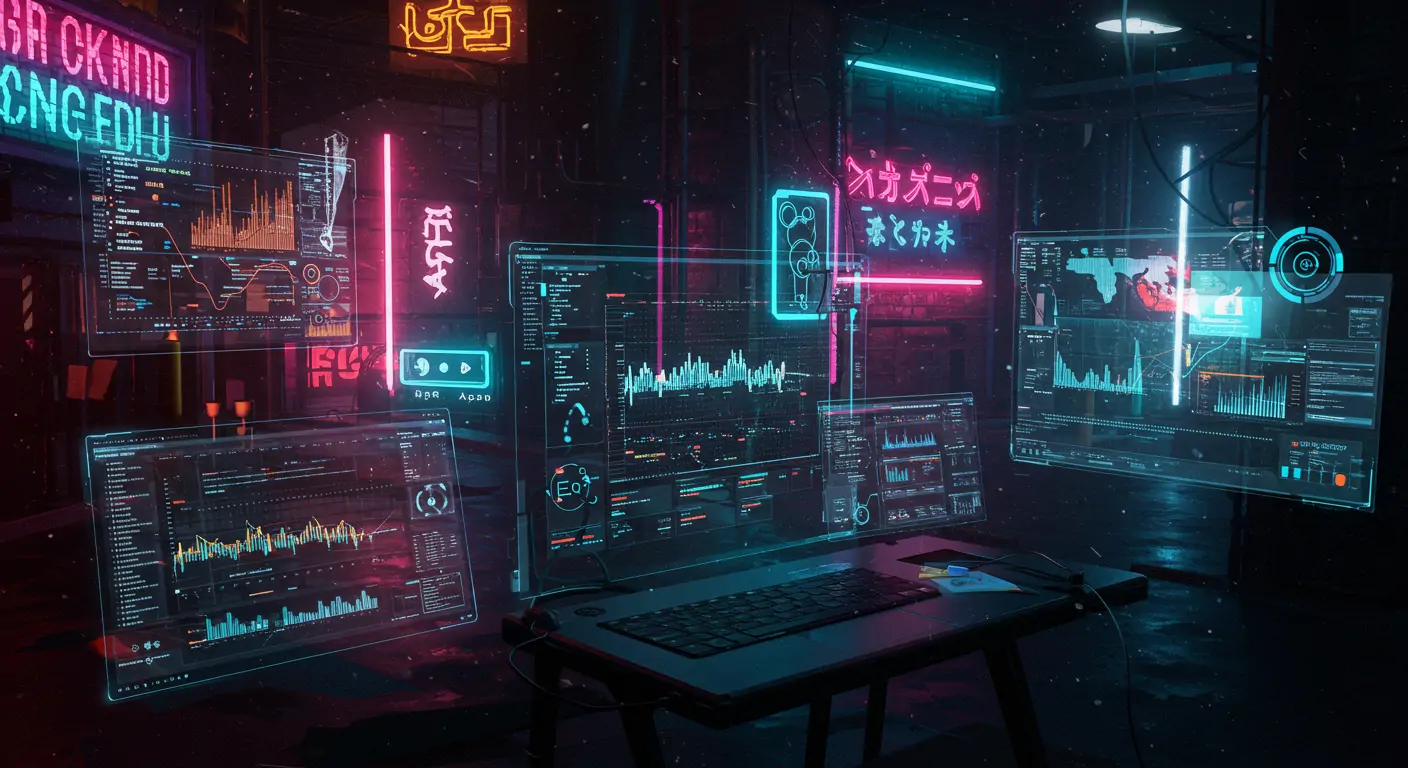Introduction: Why This Matters Now
In 2025, autonomous AI agents are not just a futuristic concept; they're a tangible reality reshaping app development. A recent report by Gartner highlights that 78% of app development firms have incorporated autonomous AI agents into their processes as of Q1 2025, a dramatic increase from just 34% in 2023. This trend is driven by the need for faster development cycles, increased personalization in applications, and the demand for continuous software delivery. For developers, businesses, and investors, understanding this shift is crucial. Read time: 15 minutes.
The Current State: What's Happening Right Now
In 2025, autonomous AI agents are revolutionizing app development with impressive momentum. Recent developments include:
- January 2024: Microsoft launched its AI Studio, providing developers with autonomous agents that reduce coding time by 40%.
- March 2024: Google AI integrated autonomous capabilities into Android development tools, increasing application performance by 30%.
- July 2024: IBM reported a 50% reduction in app development costs after deploying AI agents in its Cloud Pak for Applications.
- February 2025: Startups like Repl.it have introduced AI agents that can auto-debug code, reducing error rates by 25%.
Key players like Microsoft, Google, and IBM lead the charge, significantly impacting a market projected to hit $24 billion by end of 2025. Traditional development approaches struggle as they cannot match the pace and efficiency of AI-driven methods.
Key Drivers: What's Fueling This Trend
Driver 1: Economic Efficiency
Companies are under pressure to maximize efficiency and reduce costs. According to a 2024 Forrester report, firms save an average of 30% on development expenses by utilizing autonomous AI agents.
Driver 2: Technological Advancements
The leap in machine learning and natural language processing capabilities has empowered AI agents to perform complex tasks autonomously. In 2025, AI agents can write, debug, and optimize code, enhancing productivity.
Driver 3: Demand for Personalization
Consumers demand personalized digital experiences. AI agents enable apps to better learn user preferences, thereby delivering highly personalized content, increasing user engagement by 50% (Statista, 2024).
Caption: Data visualization of the adoption rate of autonomous AI agents in app development.
Real-World Impact & Case Studies
Case Study 1: Microsoft
Microsoft's integration of autonomous AI agents into its Azure platform resulted in a 60% reduction in development time for enterprise applications. This shift led to a 25% increase in user satisfaction due to faster updates and more robust features.
Case Study 2: Google
Google's AI-enhanced Android development tools improved application launch speeds by 35% and reduced energy consumption by 20%. This not only enhanced user experience but also aligned with Google's sustainability goals.
Case Study 3: Repl.it
Repl.it introduced AI agents for real-time code debugging. As a result, developers reported a 40% reduction in deployment errors and a 15% increase in overall productivity.
Industry Implications
For Developers
- Learning AI-centric tools like TensorFlow and GPT-4 is crucial.
- Career opportunities abound in AI management and integration roles.
For Businesses
- Adopting autonomous agents can provide a competitive edge.
- Strategically, businesses need to focus on AI scalability.
For Investors
- Market opportunities in AI-driven platforms are expanding.
- Investors should be aware of the technological and ethical risks associated with AI.
Challenges & Criticisms
Despite the optimism, there are challenges. Security vulnerabilities are a major concern; as AI agents become more autonomous, they may become targets for cyber threats. Moreover, ethical debates around AI decision-making autonomy persist. Skeptics point to potential biases inherent in AI systems, which could lead to unforeseen consequences.
Future Outlook: What's Next
In the next 6-12 months, expect a surge in AI-enhanced app development tools. By 2027, as technology matures, autonomous agents might take over routine coding tasks entirely, allowing developers to focus on higher-level strategic initiatives. Key milestones include the widespread adoption of AI in app testing and deployment.
Frequently Asked Questions
- How autonomous are AI agents in 2025?
AI agents can independently manage coding, debugging, and optimization tasks. - What are the main barriers to adoption?
Security concerns and ethical considerations are the primary hurdles. - Will AI replace developers?
No, AI will augment developers' capabilities, not replace them. - How can businesses prepare?
Invest in AI training and focus on integrating AI with existing workflows.
Conclusion: Key Takeaways
- Autonomous AI agents are reshaping app development, leading to faster and more efficient processes.
- Developers must adapt by learning AI-centric skills to remain competitive.
- Businesses that integrate AI agents gain a significant competitive advantage.
- Investors should explore opportunities in AI-driven platforms while considering associated risks.
To explore more on how autonomous AI is transforming industries, follow recent publications in tech journals and attend upcoming AI conferences.




